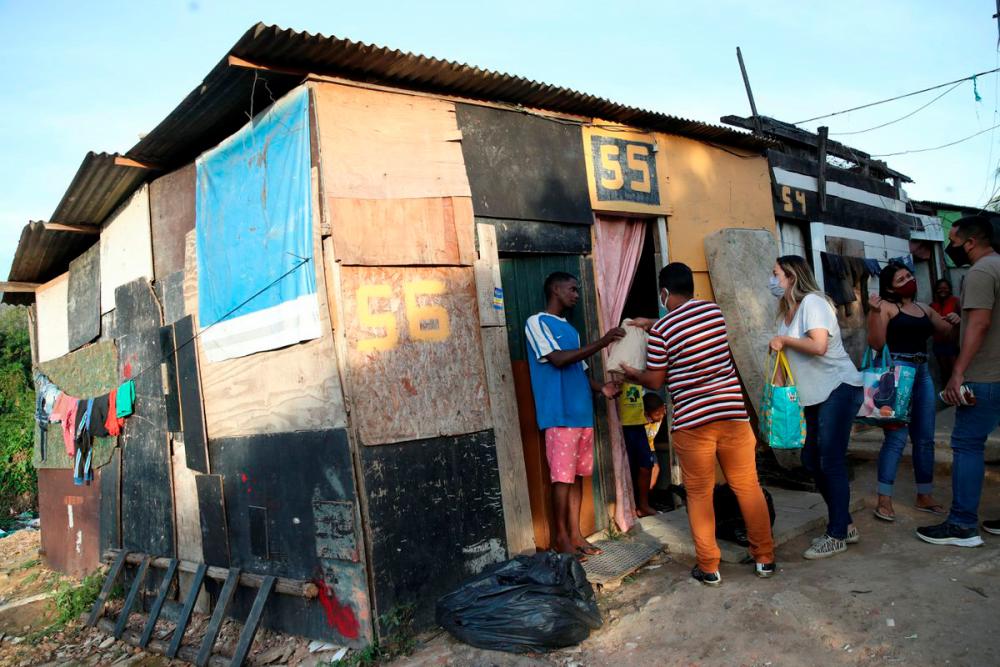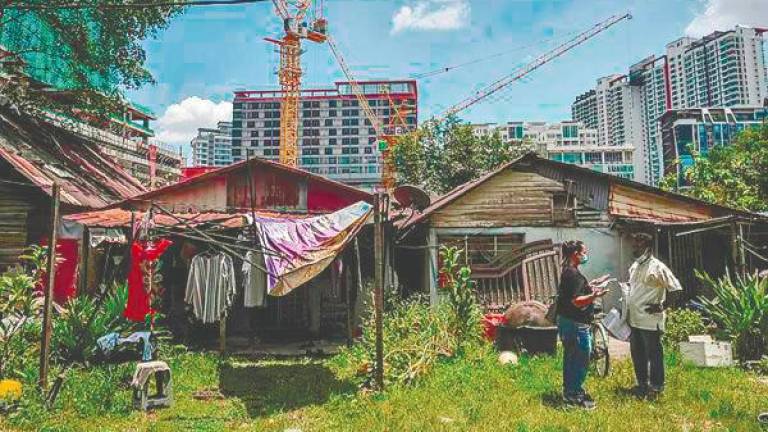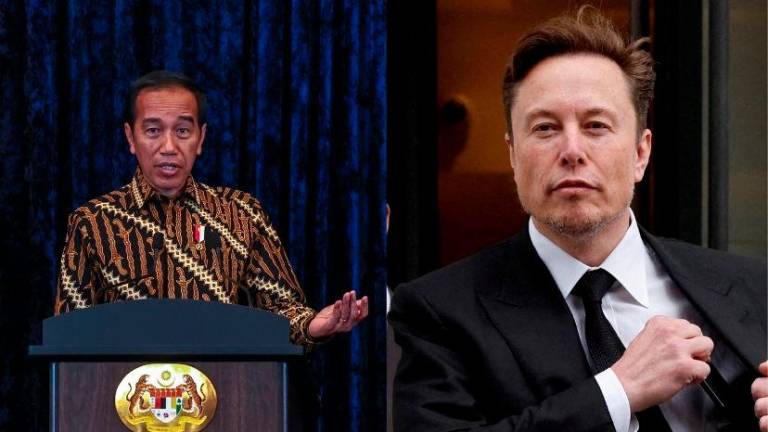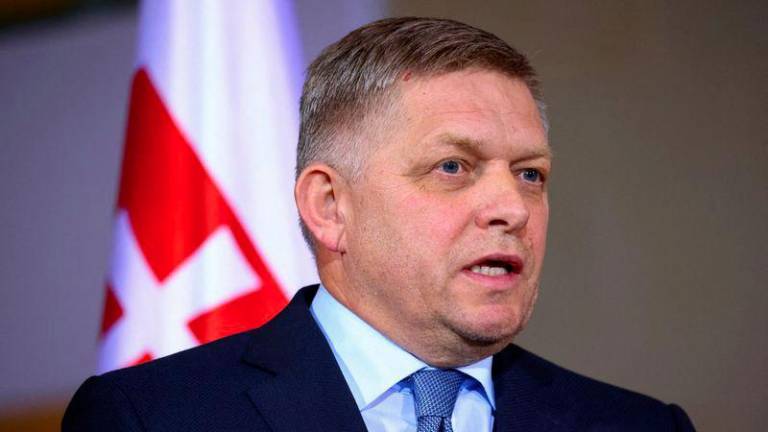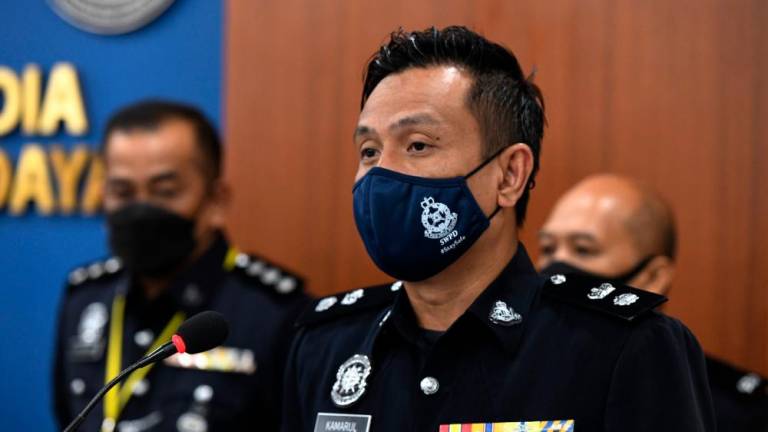JAKARTA: Over 500 million people are being pushed into extreme poverty because they have to pay for health services out of their own pockets, according to the World Health Organisation and the World Bank.
Fresh evidence compiled by the organisations in two reports also reveals the Covid-19 pandemic is likely to halt two decades of global progress towards Universal Health Coverage (UHC).
The reports warn that financial hardship is likely to become more intense as poverty grows, incomes fall, and governments face tighter fiscal constraints.
WHO director-general Dr Tedros Adhanom Ghebreyesus said the pandemic disrupted health services and stretched countries’ health systems beyond their limits.
“The pandemic triggered the worst economic crisis since the 1930s, making it increasingly difficult for people to pay for care,” he said, adding that governments must resume and speed up efforts to ensure every citizen can access health services without fear of the financial consequences.
“We must build health systems that are strong enough to withstand shocks, such as the next pandemic,” he said.
World Bank health, nutrition and population, global director Juan Pablo Uribe, echoed Ghebreyesus’ sentiment, noting that almost one billion people were spending over 10 per cent of their household budget on health before the pandemic struck.
“This is not acceptable. Within a constrained fiscal space, governments will have to make tough choices to protect and increase health budgets,” he stressed.
Although many governments had made progress on service coverage in the first two decades of this century, they had not made such advances in ensuring affordability.
Hence, Uribe urged the governments to prioritising of services for the poor through targeted public spending and policies.
To realise it, countries must have an accurate picture of how their health system is performing.
Since the start of the pandemic, the World Bank Group has deployed over US$157 billion to fight the health, economic, and social effects of the pandemic, the fastest and largest crisis response in its history.
The bank also supports over 60 low- and middle-income countries, of which 50 per cent are in Africa by allocating US$20 billion in financing until the end of 2022.
The organisations’ two new reports offer both a warning and guideposts to all countries as they strive to build back better from Covid-19 and keep their populations safe, healthy, and financially secure.
-Bernama



